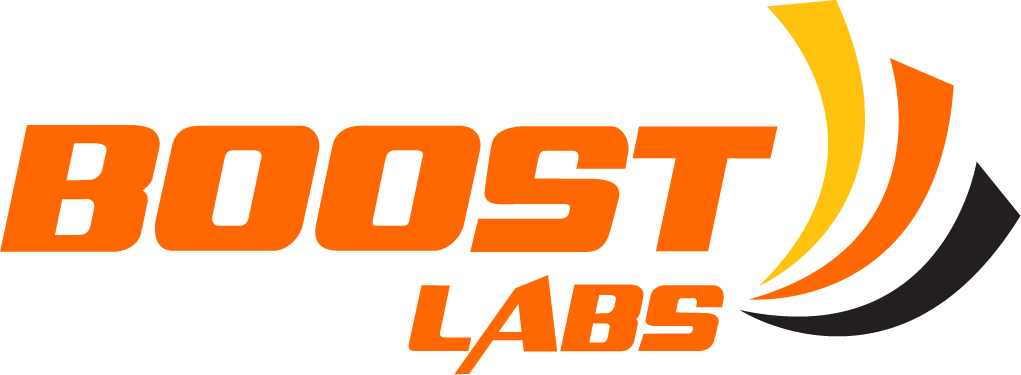I’d like to have a one-on-one discussion with small business owners. Me, Kevin (designer) and you, business owner. You need a logo. You need a website. You need a web video. You have a few choices. You could consider hiring a designer or studio or design firm to work with you and develop a logo or website which fits you best at industry standard prices. You may consider hiring an intern who volunteers their work for educational gain. You might consider asking your nephew or your artistic friend to submit some logos for you to choose. This is called volunteer work. Your friend does work as a favor or for the experience, without the expectation to be paid. Alternatively, some companies offer “prizes” for design work. In these contests, companies propose a prize for a logo or website design with or without guidelines and designers compete in the hopes their design is selected and paid for. This is called Spec Work, and is “speculative.” To companies considering this method, I urge you to reconsider. In certain disciplines such as architecture, advertising, and broadcast design, professionals may be expected to participate in speculative work. Usually that work isn’t the final product, but is followed by an extended financial engagement to refine, execute, or develop the design further. In communications design this is not always the case, and the design submitted “on spec” is all the client is seeking.
The AIGA, America’s oldest and largest professional association for design, strongly discourages the practice of requesting that design work be produced and submitted on a speculative basis in order to be considered for acceptance on a project. There are a few reasons for this:
1) To assure the client receives the most appropriate and responsive work. Successful design work is the result of a collaborative process between client and the designer with the intention of developing a clear sense of the client’s objectives. Spec work results in a superficial assessment of the project at hand, and isn’t grounded in a client’s business dynamics. I can understand how the design process can be misunderstood, as many people confuse designers with fine artists. Spec work or open competitions for work based on a perfunctory problem statement will not result in the best design solution for you.
2) Requesting work for free demonstrates a lack of respect for the designer and the design process. Requesting work for free reflects a lack of understanding for the value of effective design as well as the time of the professionals asked to provide it. This approach may be harmful to the professional reputation of you and your business.
3) Clients risk compromised quality and infringements. Since little time, energy, and more importantly, thought can go into spec work, the most important elements of the design process are ignored. The research, thoughtful consideration of alternatives, and development and testing are foregone for quick, sometimes copied work.
4) Designers risk being taken advantage of. Some clients may see this as a way to get free work; it also diminishes the true economic value of the contribution designers make toward the client’s objectives.
5) There are legal risks to both parties. Aspects of intellectual property, trademarks, and trade-dress infringements occur. This could cripple a small business with lawsuits.
I realize there are exceptions where spec work might be necessary, like how architects submit drawings for a building. In this example, however the drawings are not the final product. The architect is then chosen after viewing these drawings and after a contract is written, the architect provides the plans for the structure. Just imagine the response if you were to ask a dozen lawyers to write a brief for you, then chose just one to pay. A more effective and ethical approach to requesting speculative work is to ask designers to submit examples of their work as well as a statement of how they would approach your project. You can then judge the designers by the quality of their work and thinking process.
If you would like to work with Boost Labs in developing a process that will benefit you most and maintain the high business standards we expect, please give us a call. We’ll far exceed your expectations, with respect for an appropriate budget. This approach ensures a more effective, professional and sustainable solution for everyone involved.
